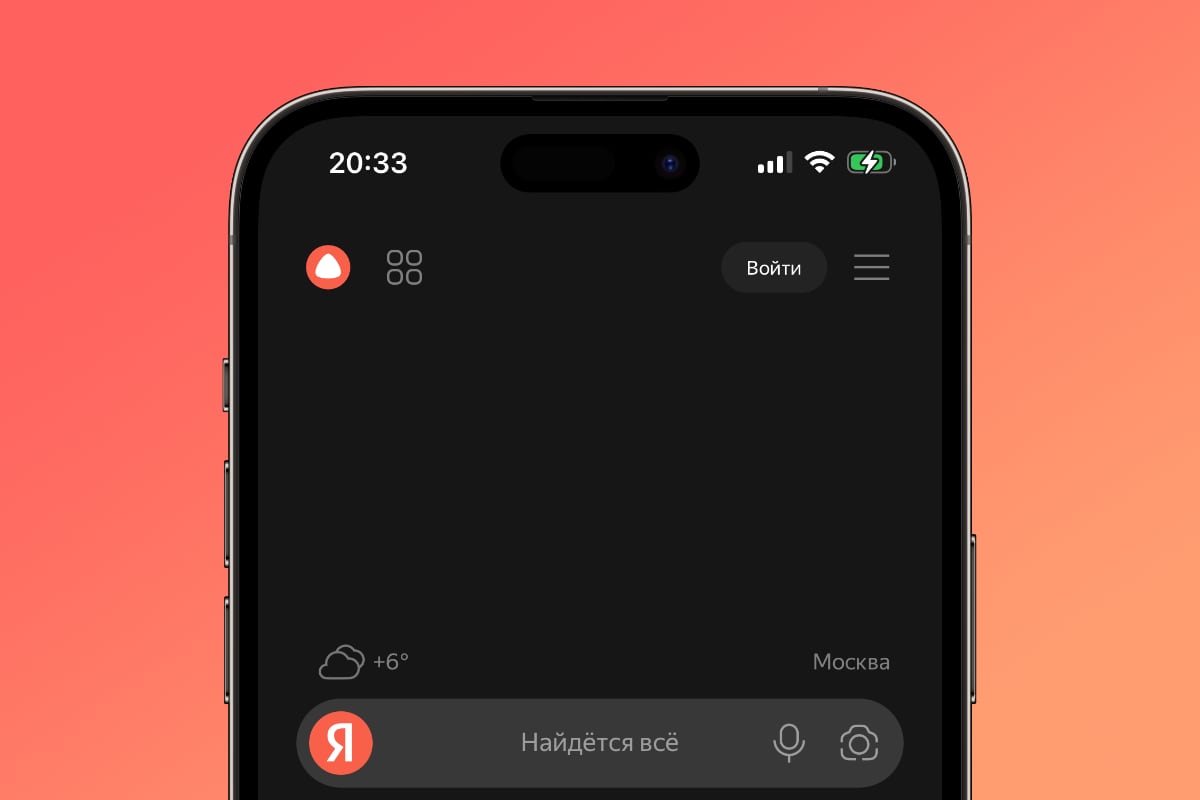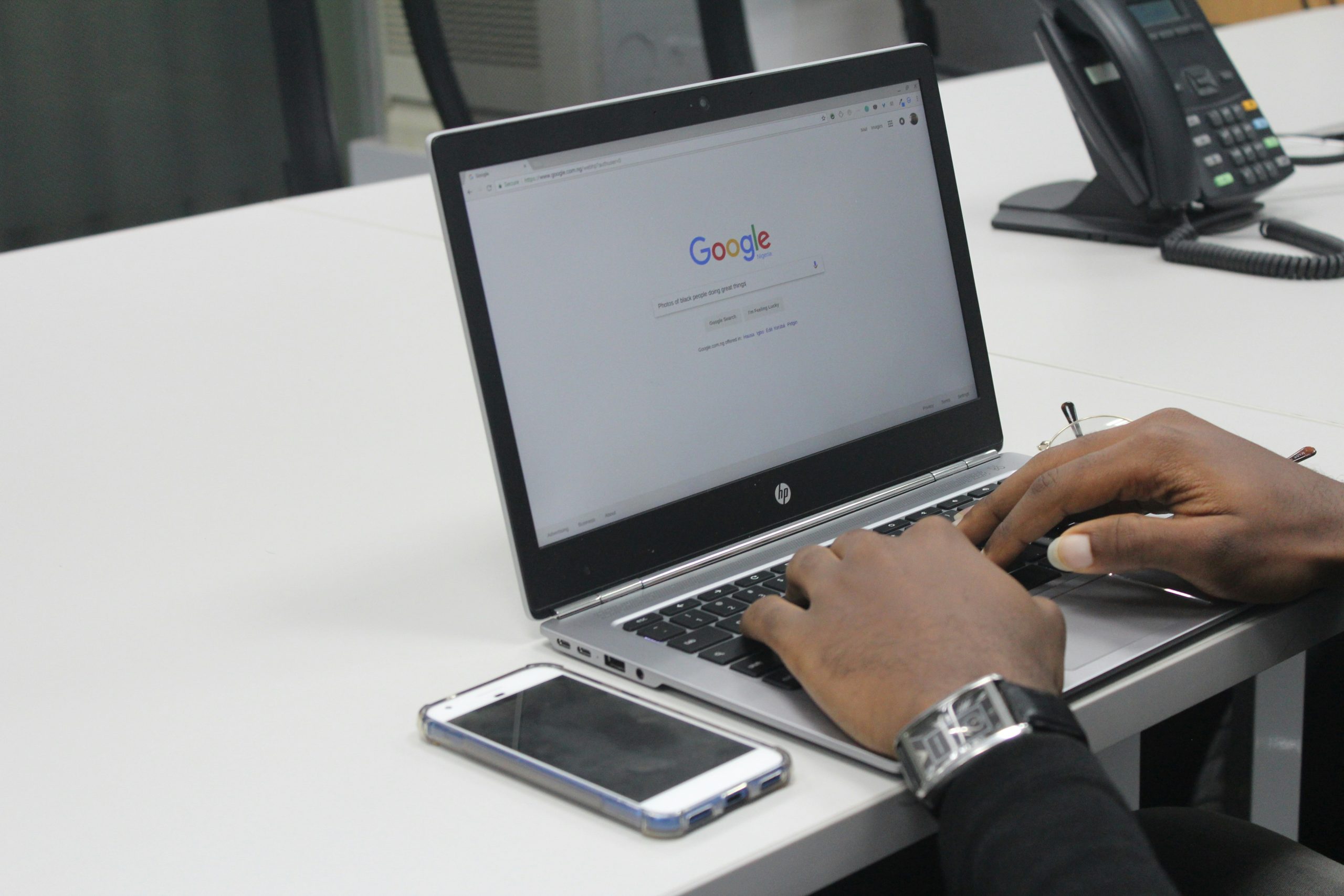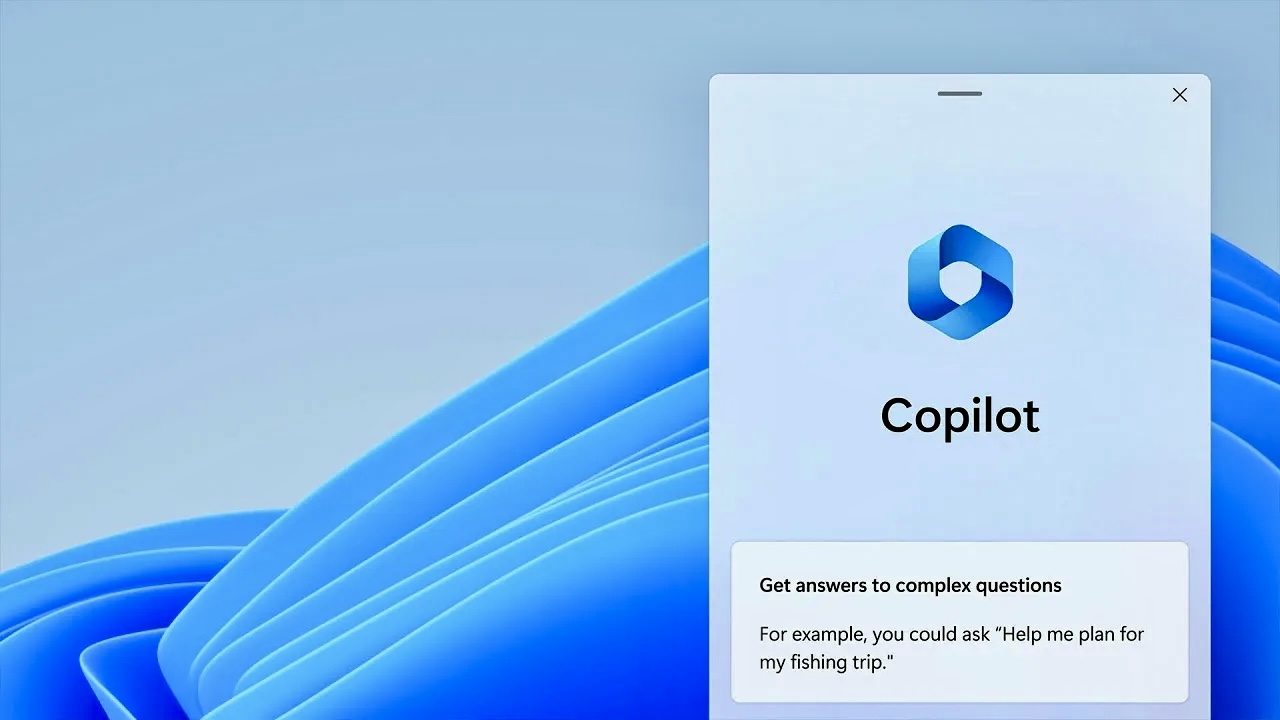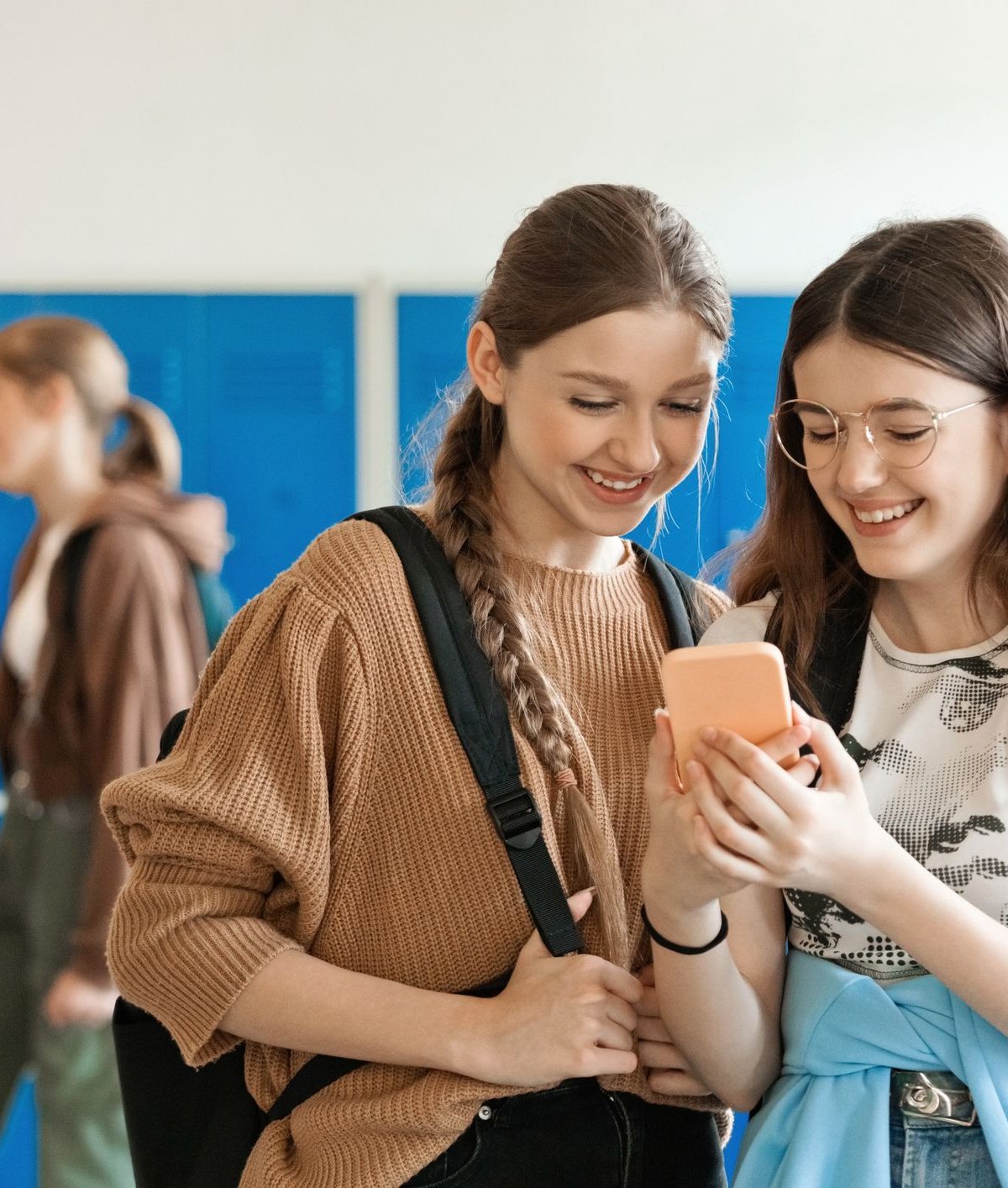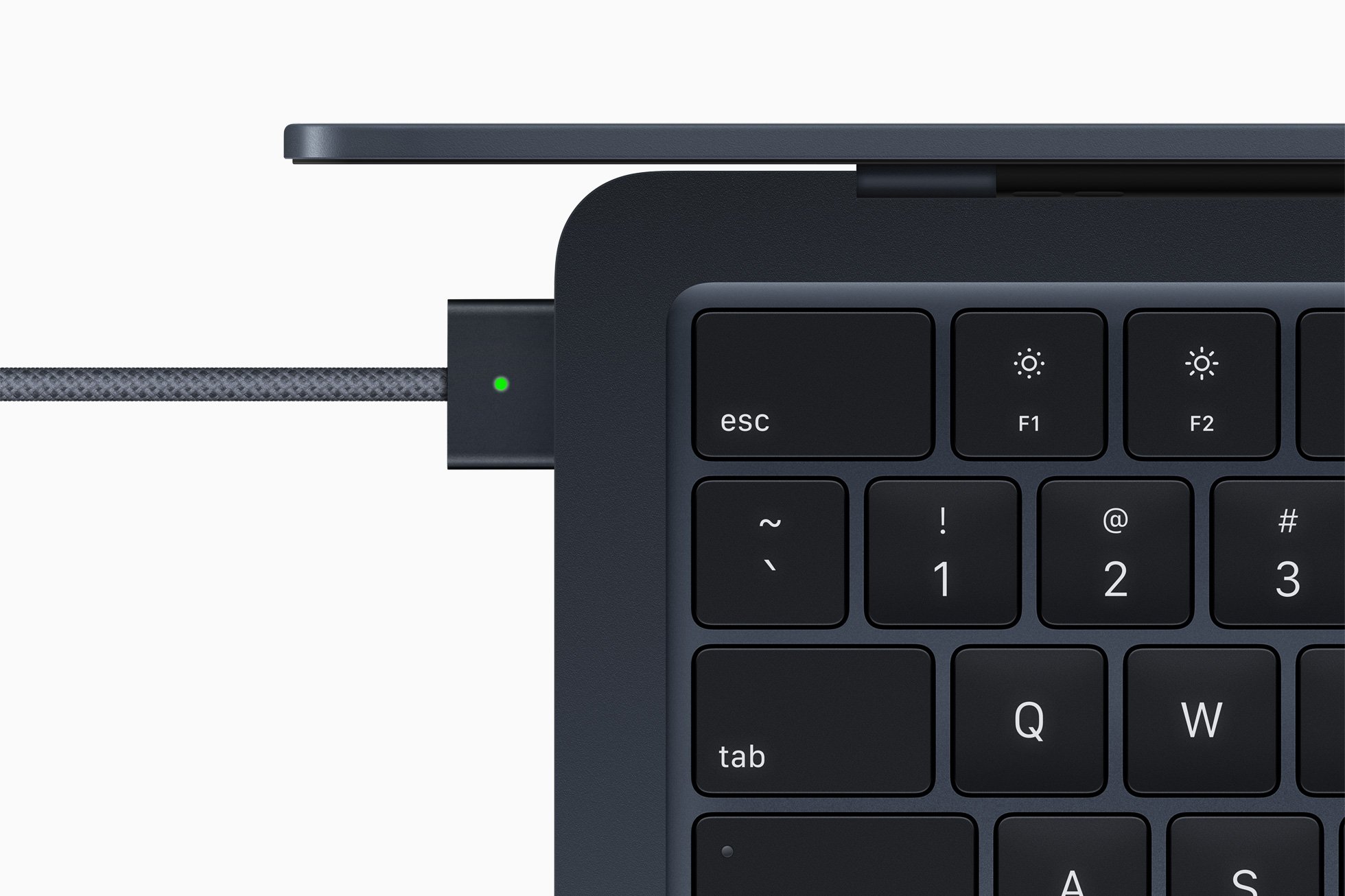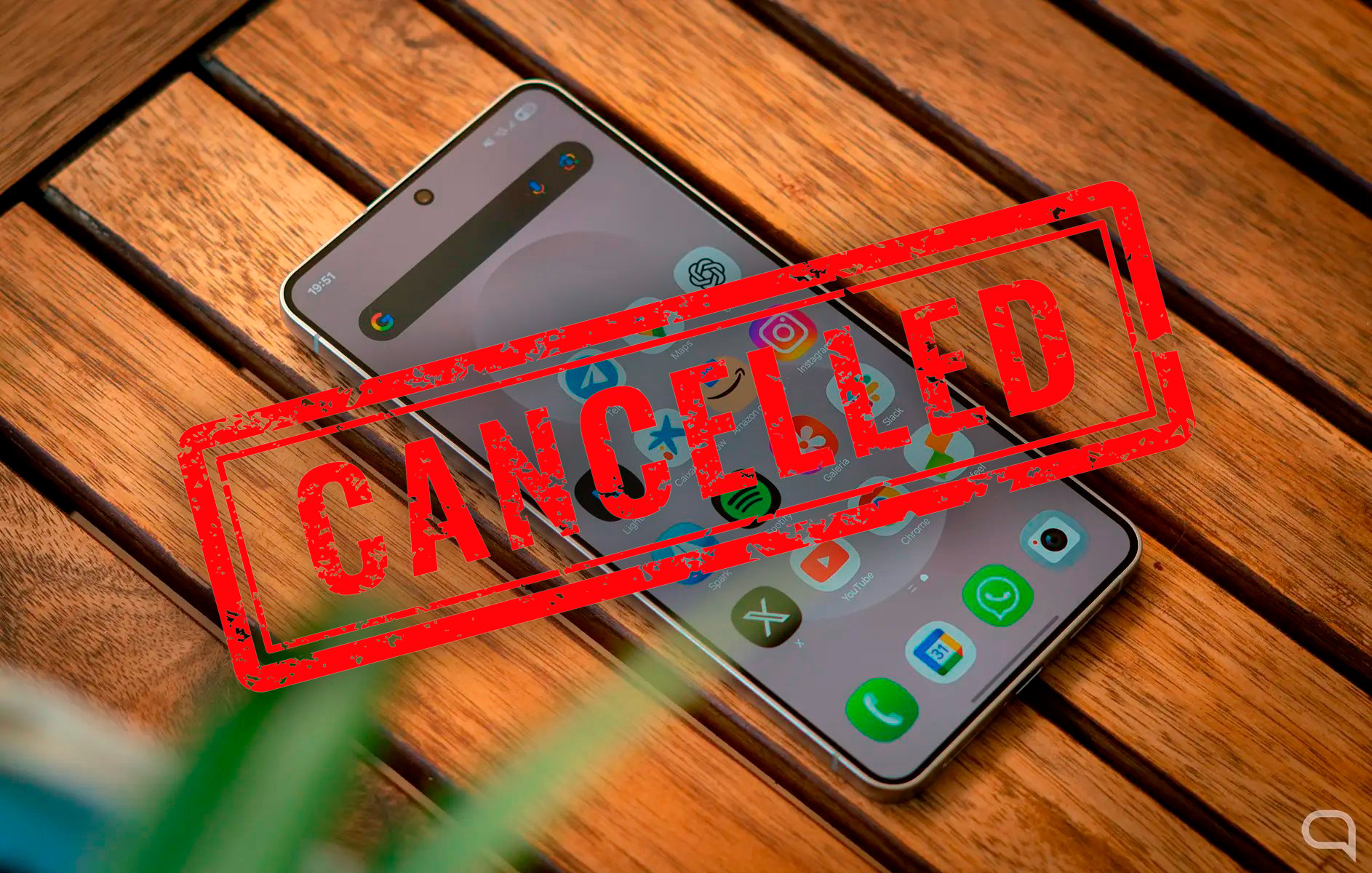Since the beginning of 2025, a new Federal law has determined that, with some exceptions, children and adolescents cannot use their mobile phones in the classroom. The decision moves directly on the habits of thousands of Brazilian students and should have an impact on their learning.
The law caused a series of discussions about its effectiveness, and schools and students need to adapt. Check out this article some information about how this adaptation is in educational institutions in Brazil.
What does the law say?
According to the Law No. 15,100/2025, it was approved by President Luiz Inacio Lula Da Silva on 13 January 2025. Students who study until the fifth year of primary school 1 cannot use their mobile phones while in the school. Students in the sixth grade of primary school 2 and high school can only use them for pedagogical purposes and use the teacher’s guidance in the classroom.
The law also reveals exceptions that contain the use of technology in case of certain needs. Like cases of violence around the teaching unit of a kind of disabled. In general, however, mobile phone was banned in a school environment.
Federal Legislation, Rio de Janeiro, Sao Paulo and Roraima follows examples of already envisaged laws. The aim is to protect children from the negative effects caused by excessive technology and internet access.To encourage mental, physical and emotional health in relation to learning and socio -emotional development.
This posture is in accordance with the studies published by the Science Society. Since 2018, the World Health Organization (WHO) has known digital dependence as a disorder characterized by irrational fear without mobile phones or other electronic devices. According to various studies, this may be seriously damaging the brain activities of children and adolescents who are still in the process of developing their bodies.
Why was the law created?

In Brazil, research was conducted with the population, which was approved by the issues discussed in the law. A survey conducted by Alana Institute and Datafolha in September 2025 He showed that 93% of the Brazilians acknowledged that young people became dependent on social networks. And 75% believe they spend a lot of time.
In the educational environment, there are data reiterating this problem. International Student Evaluation Program (PISA) The 15 -year Brazilian student reports that he was distracted by the mobile phone during mathematics classes.
In addition, the indicators of Minas Gerais Federal University (UFMG) Faculty of Medicine conducted and observed by the Faculty of Medicine An increase in anxiety and depression indexes among young people due to excessive use of mobile phone. There is also evidence of increasing the risk of children exposing to inappropriate content and contacting sexual abusers.
All of this led to the debate and preparation of the laws of different states on the use of mobile phones in schools. In 2025, a national law was enacted.
How is the adaptation of schools?

The law brings autonomy to schools to define rules, instructions and strategies to implement the prohibition of mobile phones. For example, they can define ways where mobile phones will be stored in the academic period, such as individual cabinets or collective boxes.
This discussion can be done with school administration, parents, teachers and students. It can be defined whether children and adolescents will use their offices in backpacks or use other strategies.
In addition, it is also connected to the school to inform students and families, to supervise them and to foresee sanctions.. The idea is that this occurs in a dialogical way with care, respect and definition of strategies. The educational institution should also contain the entire school community.
Adaptation was made by different schools in Brazil. Some institutions, in accordance with the new rules, in addition to the greater challenge of students, as well as the frequency of contact between parents and students during the period in the school environment, such as other tangent factors, he says. Children will be distracted in the classroom.
Arroio Do Tigre, Rio Grande Do Sul, Bruna de Almeida Flores’ Holy Heart College is observed: “Currently, many students send a direct Whatsapp to one of them brings forgotten material. When we realize their assets at school, we don’t even know what happened. ”
São Paulo, who declared a state mobile phone forbidden law in 2024, has already observed some changes. At the Yerivian Kisajiki School in the eastern part of São Paulo, as the students spent a long time on the screens, new rules were gradually established to avoid major effects.
School Principal André Fernandes, in an interview with the program profession trailer, the institution preferred to use bags with identity labels, but many students did not take the device, he said. “The discussion turns out to be bad for the community to apply the law suddenly without discussing.. In order to come together with the school, parents and parents should be tested gradually by dialogue with students, “he said.
But in general, Results observed so far. This is what São Paulo is responsible for the Early Childhood Education Municipal School and Elementary School of Early Childhood Education of the Director Márcio Roberto Thomaz: uz We realize that many have more interacted among themselves and show more opening for dialogue. ” The pedagogical consequences of the new policy should be felt in the coming years.
Do you like this content? Here Tecmundo You stay above all news of technology and educational field. Until later!
Source: Tec Mundo
I’m Ben Stock, a highly experienced and passionate journalist with a career in the news industry spanning more than 10 years. I specialize in writing content for websites, including researching and interviewing sources to produce engaging articles. My current role is as an author at Gadget Onus, where I mainly cover the mobile section.

